Ovarian cyst is a fluid-filled growth in a woman’s ovaries. This may happen in just one of the ovaries or even both of the ovaries. Usually ovarian cysts are harmless and often go away on their own. Sometimes, ovarian cyst can grow so much and rupture, or cause damages to the ovary.
They may grow so much to cause displacement of other reproductive organs or twist themselves. Damage from a ruptured ovarian cyst may cause scar tissue build-up, and/or the formation of adhesion, attaching the ovary to other parts of the internal body.
Ovarian cysts are most common in women of childbearing years, but can rarely develop in postmenopausal women. A woman’s ovaries are about the size and shape of an almond. It is amazing that something so small and delicate can hold thousands of eggs at birth. It is also quite amazing that something so small can develop a cyst. In fact, ovarian cysts can become quite large over time.
Types of Ovarian Cysts
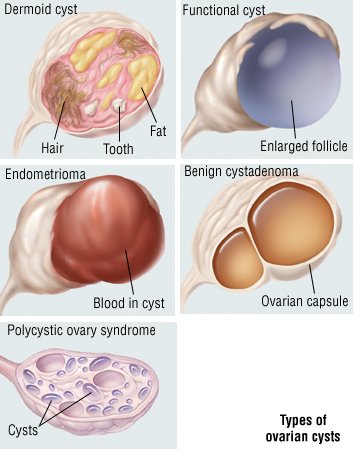
Functional Ovarian Cysts
During a woman’s cycle, the ovaries produce follicles, which are like a cyst and contain the egg to be released during ovulation. As ovulation nears, the follicle begins to grow. Follicles also produce and release both oestrogen and progesterone hormones. An ovarian cyst that forms due to a malfunction in the follicle is known as a functional cyst. There are two types of functional cysts:
a. Follicular cyst: This happens when the follicle fails to rupture and release the egg at ovulation, it continues to grow therefore forming a cyst.
b. Corpus Luteum cyst: This happens when the follicle does release the egg at ovulation. The follicle changes to what is called the corpus luteum. The opening in the follicle where the egg was released seals off, accumulating fluid, causing the corpus luteum to grow into a cyst.
Other Types of Ovarian Cysts
There are other types of ovarian cysts that form on the ovaries, but they are not related to the menstrual cycle.
Dermoid cyst: These cysts are considered complex and develop from cells that produce human eggs. Because of this, these types of cyst may contain hair, teeth, or skin. They are rarely cancerous.
Cystadenomas: This type of cyst develops from ovarian tissue and is filled with liquid or mucous.
Endometriomas: This type of cyst forms when endometrial cells attach to the ovary and form a growth (endometriosis).
The above 3 types of ovarian cysts may cause damages to the ovary, including twisting, scar tissue and adhesion formation. Both Dermoid and Cystadenomas may cause the ovary to become very large and displaced
Polycystic ovaries: This is associated with Polycystic Ovarian Syndrome (PCOS), the ovary may be enlarged, usually twice the size of a normal ovary. A polycystic ovary develops many small cysts in a row, looking like a strand of pearls on the surface of the ovary. PCOS is a common endocrine disorder. Not all women diagnosed with PCOS have ovaries that have these types of cysts.
What Causes Ovarian Cysts?

- Irregular menstrual cycles
- Hormonal imbalance
- Hypothyroidism
- Cigarette smoking
- Early menstruation (11 years or younger)
- Increased upper body fat
- Infertility treatment with gonadotropins, this may cause multiple large cysts.
- Use of Clomiphene (Clomid, Serophene) has been shown to increase the risk for development of Corpus Luteum cyst.
- Use of Tamoxifen for breast cancer
Signs and Symptoms of Ovarian Cysts

Most women that have ovarian cysts don’t even know. Usually there are no signs or symptoms. Most ovarian cysts are discovered during a routine medical/physical exam. The larger a cyst is, the more likely it is to cause symptoms. Symptoms of ovarian cysts may be:
- Pelvic pain, usually on the side where the cyst is present. Pain may be sharp, sudden or come and go throughout the cycle.
- Irregular menstrual cycles.
- Anovulatory cycles may signal follicular cyst. Charting your cycle can help you to determine if you are having anovulatory cycles.
- Pelvic pain after intercourse or strenuous exercise.
- Nausea and vomiting, this usually happens after a cyst ruptures.
- Vaginal pain with spotty bleeding.
- Pressure and/or abdominal bloating, may be noticeable on one side or the other.
- Pain or pressure in the abdomen when urinating or having a bowel movement.
- Infertility
Note: See a Doctor immediately if you have excruciating pain, nausea, vomiting and/or bleeding from the vagina during any point in your cycle.
Medical Options for Ovarian Cyst Treatment
The number one medical treatment for functional ovarian cysts is to prescribe birth control pills. This prevents ovulation, therefore the formation of functional ovarian cysts cannot happen. This presents a problem though, one – it prevents pregnancy, and two – it may cause long-term hormonal imbalance, and three, it does not solve the root of the cause.
If an ovarian cyst becomes too large or is considered to be at a higher risk for rupture, is a complex cyst, or has twisted or become adhered to other parts of the internal body, a doctor may choose to remove it surgically. This also come with its own risks which many women now are aware of and try to avoid.
Natural Remedy for Ovarian Cysts
One particular advantage of treating ovarian cysts naturally is the rest of mind that comes with it as far as negative side effects are concerned. You can read more about the Ovarian Cyst Remedy Kit and how it has helped a lot of women treat their ovarian cysts naturally.
If you have gained anything from reading this, don’t hesitate to share it with other women too. Put your comments and questions or topics you will like us to write about in the comment box below.
Stay Healthy And Never Give Up!
Plan B Wellness
Whatsapp, Call, SMS: +2348099666658, +2348099666648
Call and SMS only: +2348099666650
Email: consult@planbwellness.com
IG: @planbwellness
Twitter: @planbwellness

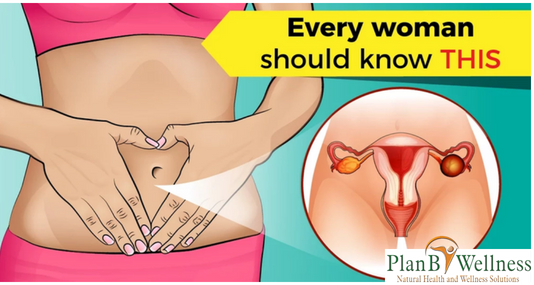


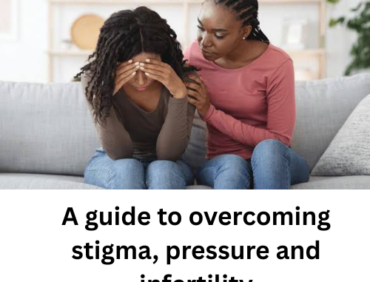
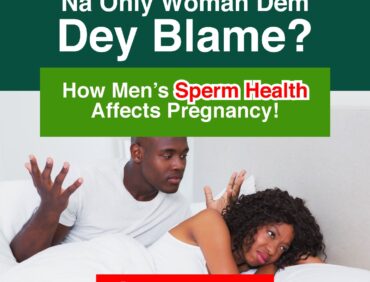
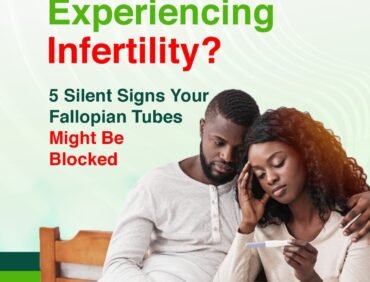
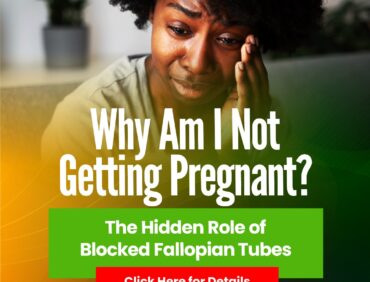
Can you discuss about hydrosalpinx and if it’s treatable naturally, instead of going for IVF.
Thanks for your comment madam. Kindly see our write-up on hydrsalpinx and other related tubal blockage issues as well as the natural remedy on http://www.planbwellness.com/tubal-blockage
If you need any further help, do not hesitate to contact us.
Thanks